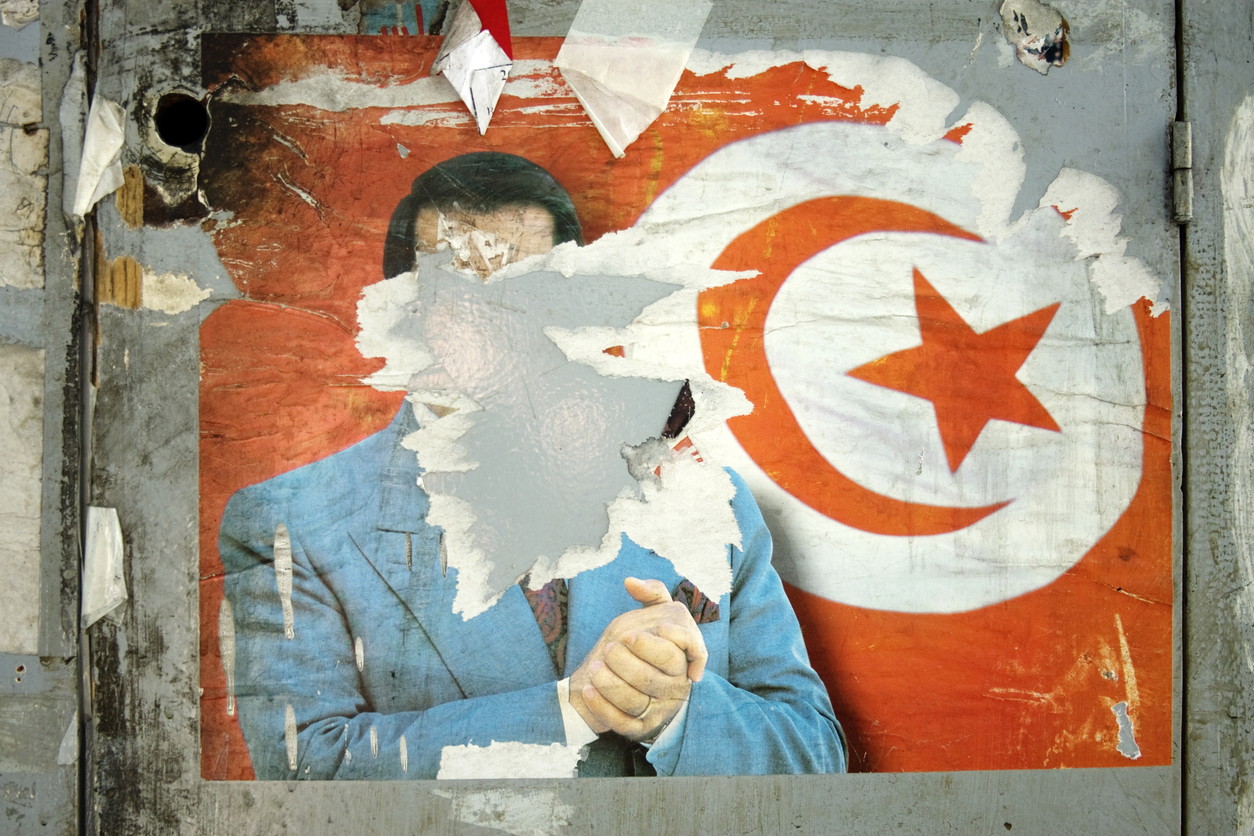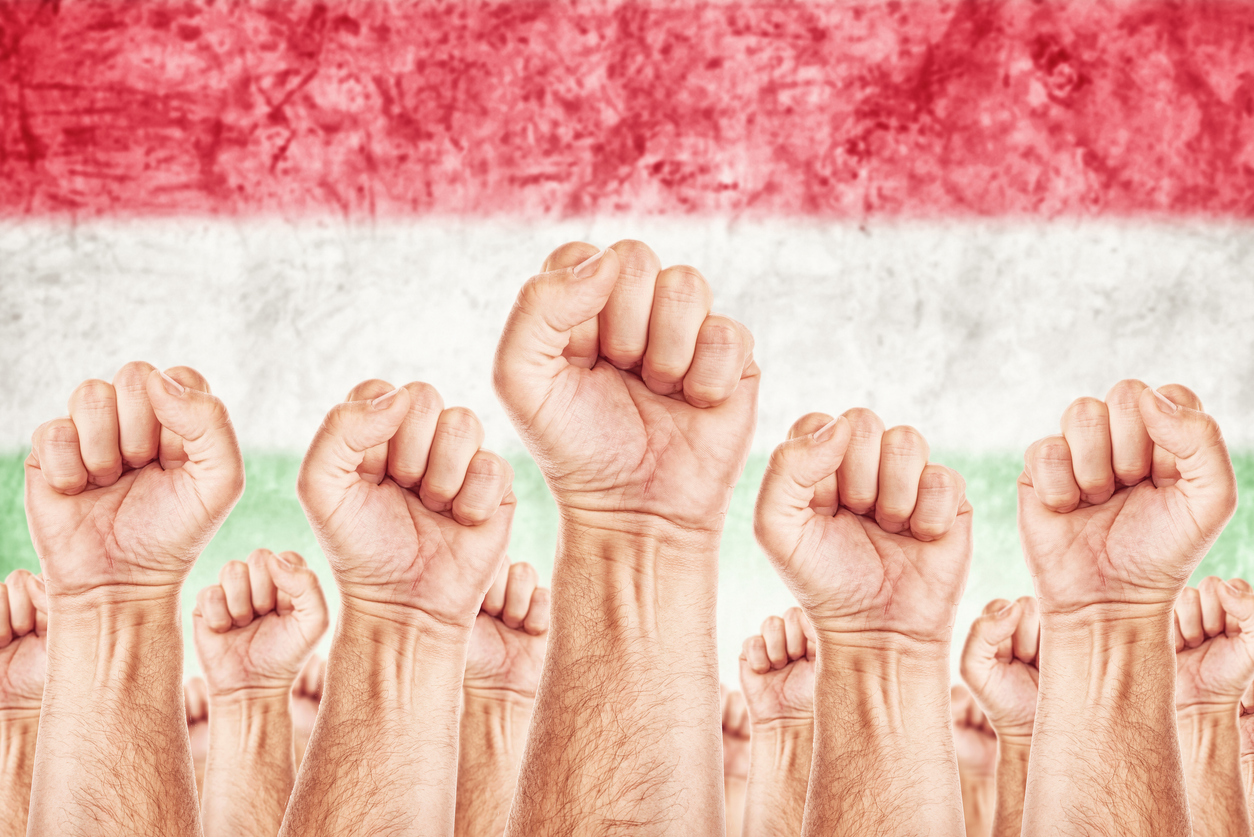Tag: Labor

Tunisian Unions Support the Arab Spring
Time Period: 2010-2015Location: TunisiaMain Actors: Tunisian General Labour Union (UGTT)Tactics - General strikes - Protective Presence - Assemblies of protest or support Between 1987-2011, Tunisia was an autocracy ruled by...

Teachers in Hungary Oppose Democratic Backsliding
Time Period: 202-2024Location: Budapest, HungaryMain Actors: Tanítanék NGO, Hungarian teachers, students, and parentsTactics - Assemblies of protest or support - Human chains - Destruction of Government Documents Hungarian democracy has...

Labor Unions Join the Fight for Civil Rights
Time Period: Civil Rights Era, 1955-1970sLocation: United StatesMain Actors: The Southern Christian Leadership Conference (SCLC); Labor unionsTactics - Mass action - Boycotts - Protests/Marches - Protective Presence/Witnessing Following the success...

Unions Light the Candle of Democracy in South Korea
Time Period: 2016-2017Location: South Korea, especially SeoulMain Actors: Korean Federation of Trade Unions (KCTU), People’s Action for the Immediate Resignation of President ParkTactics - Vigils - General Strikes In the...

Indian Farmers’ Unions Block Roads to Bolster Democracy
Time Period: June 2020 - December 2021Location: India (Punjab & Delhi)Main Actors: Farm Unions, organized under the Samyukta Kisan Morcha (“United Farmers’ Front”)Tactics - Protest camps, nonviolent occupation, sit-ins -...

American Unions Mobilize Poll Workers
Time Period: 2020Location: United StatesMain Actors: AFL-CIO, AFSCME, SEIU, AFT, UNITE HERE, union membersTactics - Institutional Action The 2020 election tested the strength of US democracy. Due to the COVID-19...

Unions Join Unlikely Allies to Defend American Elections
Time Period: November 2020Location: United StatesMain Actors: AFL-CIO, SEIU, AFT, UNITE HERE, union membersTactics - Signed public statement - Declarations by organizations or institutions - Demonstrations - Assemblies of support...

THE PILLARS PROJECT: Labor Unions and Professional Associations
*This article was written by former Director of Applied Research Jonathan Pinckney. Why should labor unions and professional associations care about authoritarianism? American democracy is in a moment of crisis....

The Pillars of Support Project
Click here for the Pillars of Support Project Page The complexity of the problem has hampered efforts to coordinate action against authoritarianism. Yet such coordination is crucial. Research shows that the most...
